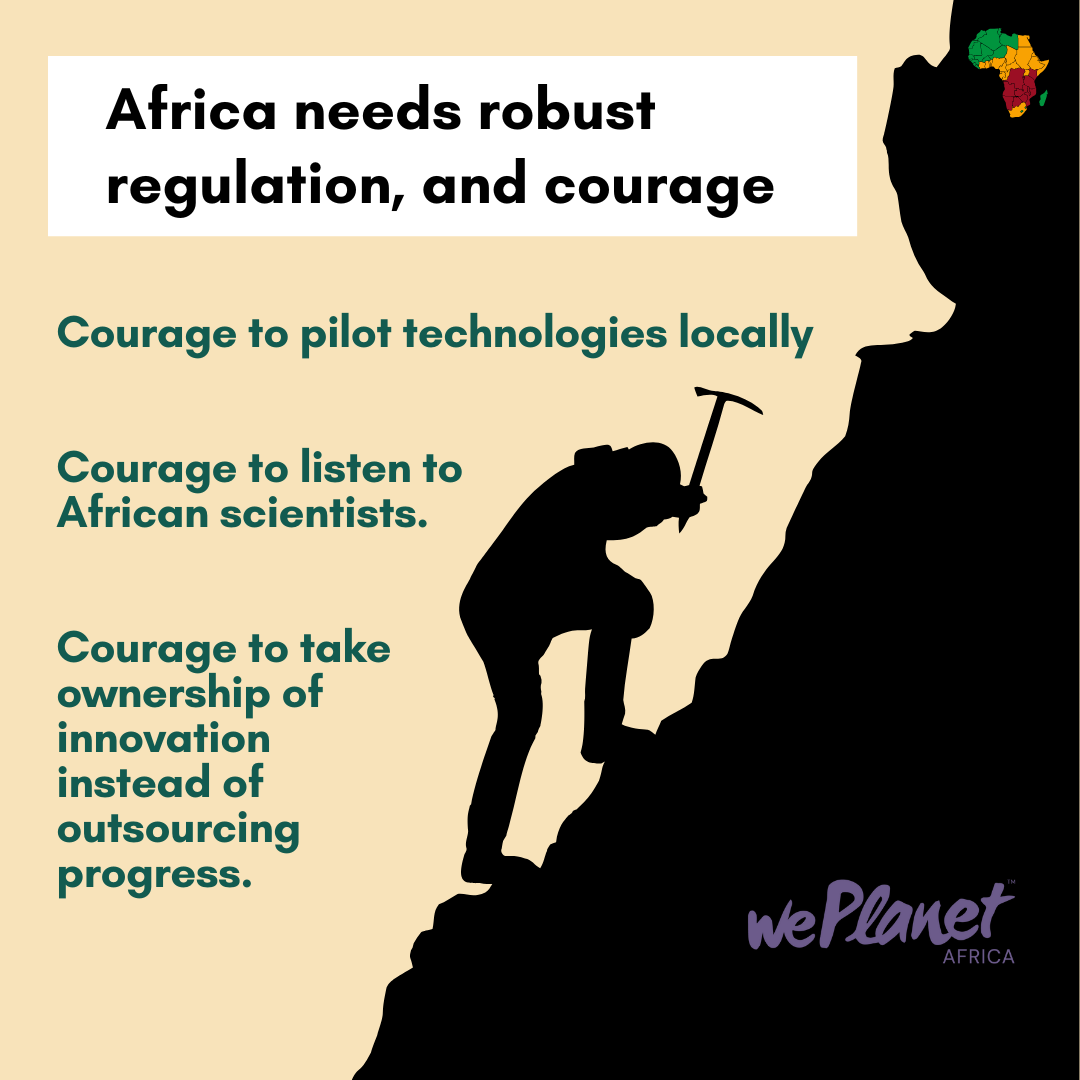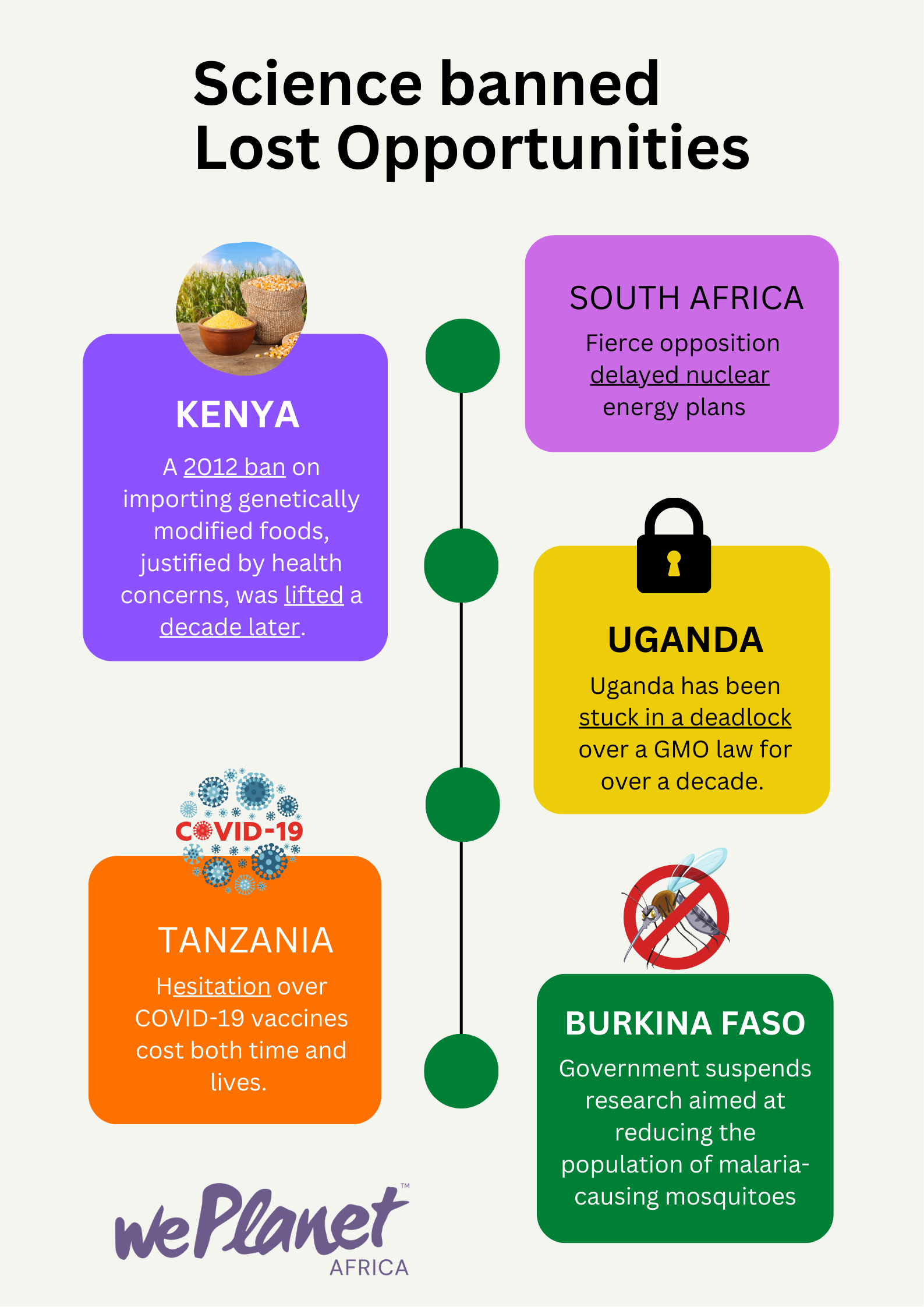
Patricia Nanteza
In Burkina Faso, the Target Malaria project, a global research consortium aiming to use genetically modified mosquitoes to combat malaria, has faced a major setback. On 18 August 2025, judicial police raided the Research Institute in Health Sciences (IRSS), a key partner in the project. This raid, which scientists described as “brutal” and “humiliating”, involved sealing off offices and laboratories and treating researchers like criminals, searching even their vehicles for mosquitoes!
This event occurred just one week after the project had celebrated a milestone on 11 August, releasing about 16,000 genetically modified male mosquitoes in the village of Souroukoudingan, the first such release in Africa. The raid prompted Burkina Faso to announce the immediate suspension of all project activities.
The Target Malaria project aims to combat malaria using a gene drive to spread desirable genetic modifications in mosquitoes. The goal is to reduce the number of female Anopheles gambiae mosquitoes, as they are the ones that transmit malaria to humans.
Controlling the female mosquito population can be achieved by introducing genes that produce enzymes that disrupt specific genes, such as those controlling fertility or sex determination. Since the genetic changes are self-sustaining and inheritable by a high percentage of offspring, the intervention offers a potentially cost-effective and sustainable solution for malaria control.
For a country that records over 40,000 deaths from malaria each year, this pause was more than just a political decision – it was a health crisis delayed. The suspension, which followed years of preparation and a previous release of sterile mosquitoes in 2019, was a sobering reminder that Africa, while being the continent most affected by malaria, can also be the first to step back from promising innovations.
The halt reflects a deeper tension in Africa’s history with biotechnology: a mix of leadership in scientific trials and deep public mistrust, often shaped by past controversies such as the withdrawal of Bt cotton.
From genetically modified crops to nuclear energy, gene-editing, and vaccines, Africa has a history of shutting the door on science before giving it a fair trial. While concerns about ethics, safety, and sovereignty are valid, the consequences of a blanket rejection are severe: delayed solutions to hunger, poor health outcomes, and dependence on imported technologies.
Science should not be feared. It should be tested, regulated, and, when proven safe, embraced. To reject innovation is to accept preventable suffering. The continent must move from a posture of fear to leadership in piloting and scaling technologies that meet African challenges.

The pattern is clear.
- In Kenya, a 2012 ban on importing genetically modified foods, justified by health concerns, was lifted a decade later amid a severe food crisis.
- In South Africa, fierce opposition delayed nuclear energy plans that could have offered a reliable, low-carbon power source.
- In Tanzania, hesitation over COVID-19 vaccines cost both time and lives. Each decision was rationalized in the name of “caution,” but too often, it was driven by fear, misinformation, or politics—not evidence.
- Uganda has been stuck in a deadlock over a GMO law for over a decade. Parliament has passed the biosafety bill several times, only for the President to return it amid clashes between pro- and anti-GMO camps. Without legislation, the National Council of Science and Technology oversees research but cannot authorize commercialization. As a result, promising crops like disease-resistant bananas, cassava, and maize remain in laboratories instead of farmers’ fields—a lost opportunity for food security and resilience.
Meanwhile, the rest of the world continues testing, refining, and benefiting from technologies Africa rejects. The cost is measured in malnourished children, overworked women, communities locked out of energy prosperity, and a continent that risks being perpetually left behind.
Africa needs robust regulation, yes, but also courage:
-
- Courage to pilot technologies locally.
-
- Courage to listen to African scientists.
-
- Courage to take ownership of innovation instead of outsourcing progress.
Progress cannot wait for Africa to be ready. Malaria, climate change, food insecurity, and energy poverty are not patient. If Africa does not lead in experimentation, others will – leaving the continent as passive recipients of finished products, rather than co-creators of the future.
Author bio: Patricia Nanteza is a pan-African science communication and policy advocate, currently serving as Africa Coordinator for WePlanet. She has led continent-wide initiatives on clean energy, health, and food security, and champions an Africa where science drives sovereignty, prosperity, and resilience.
